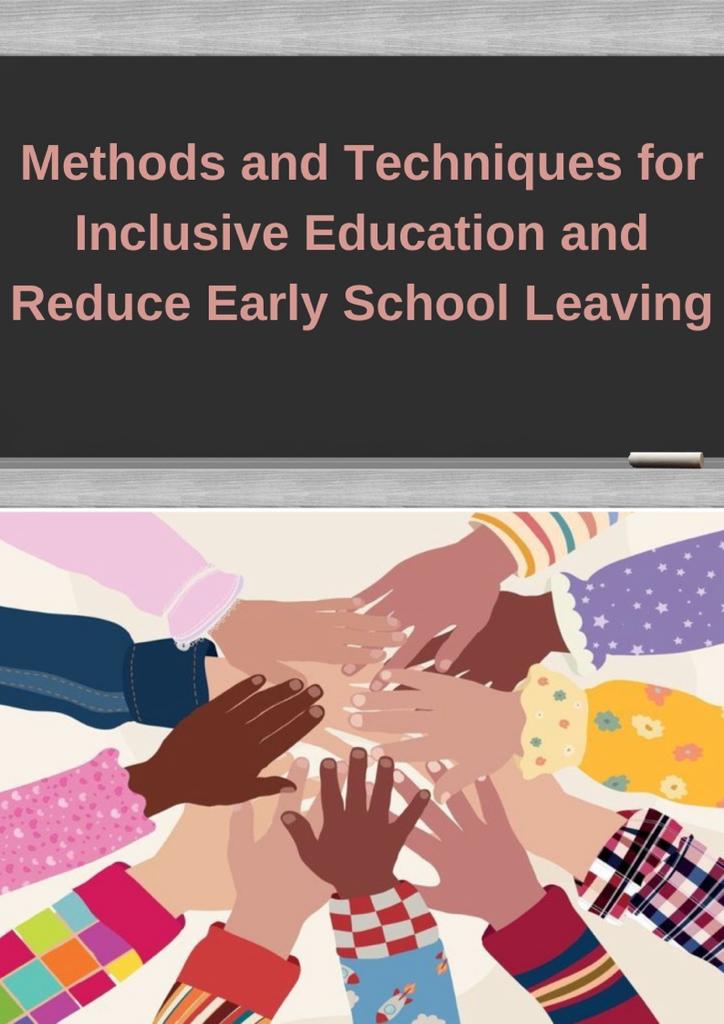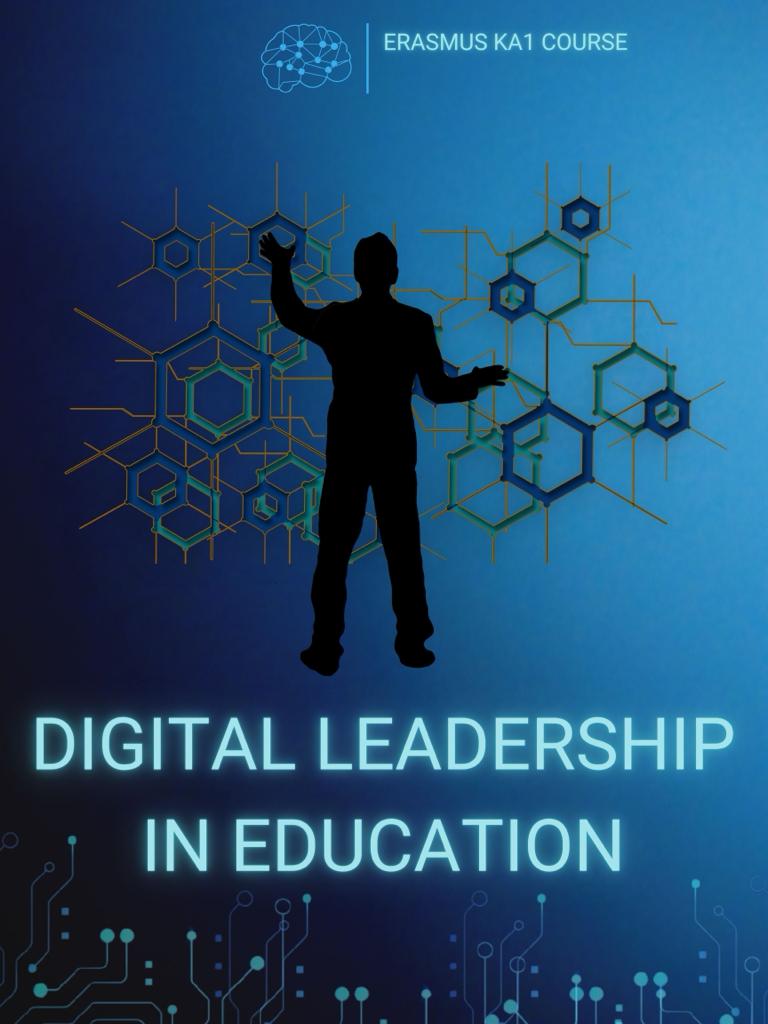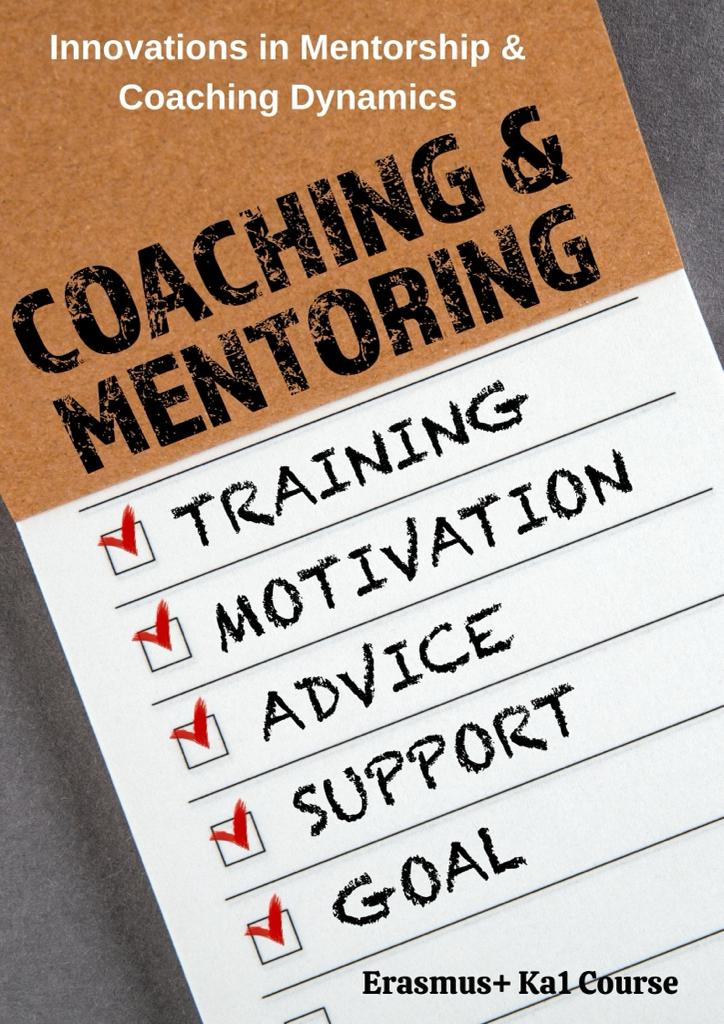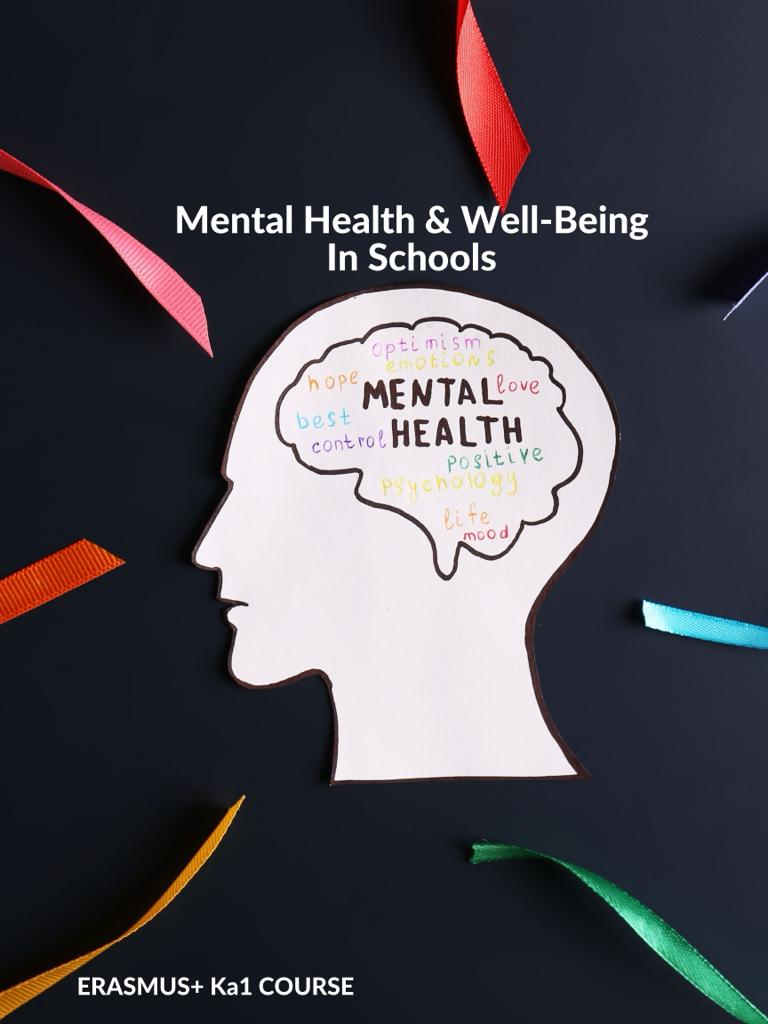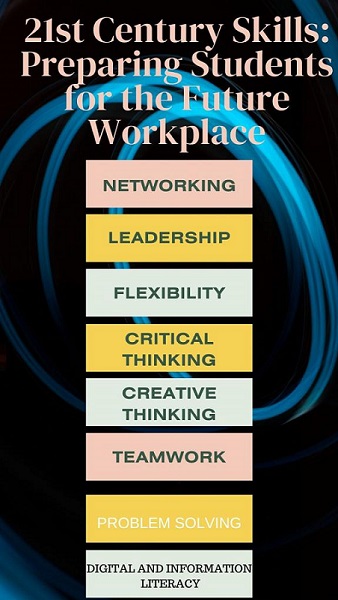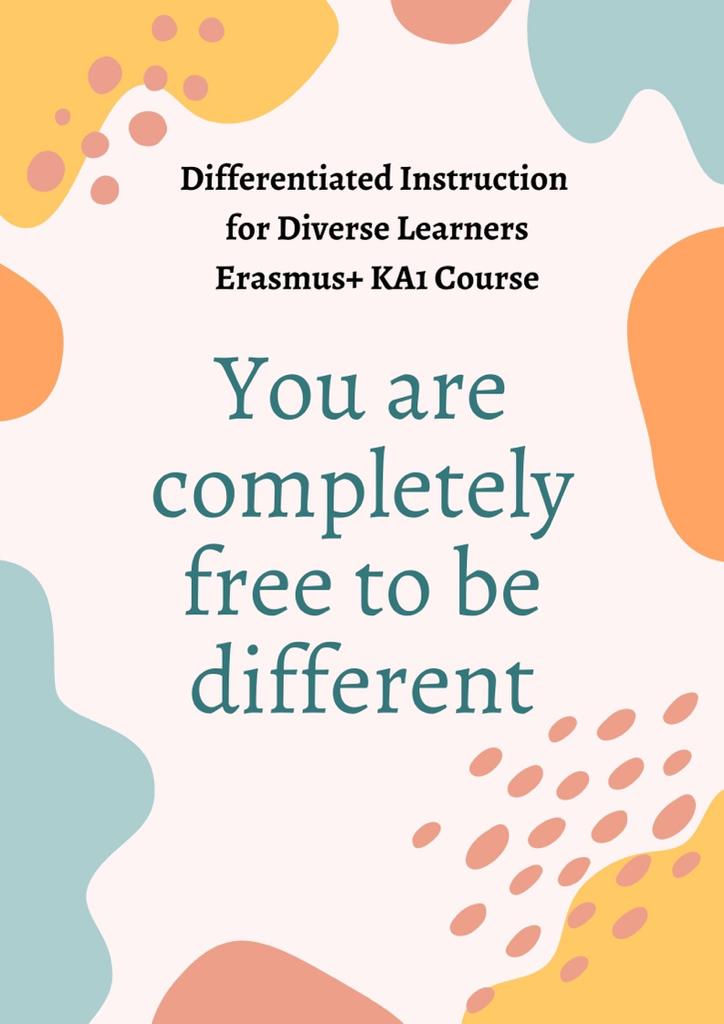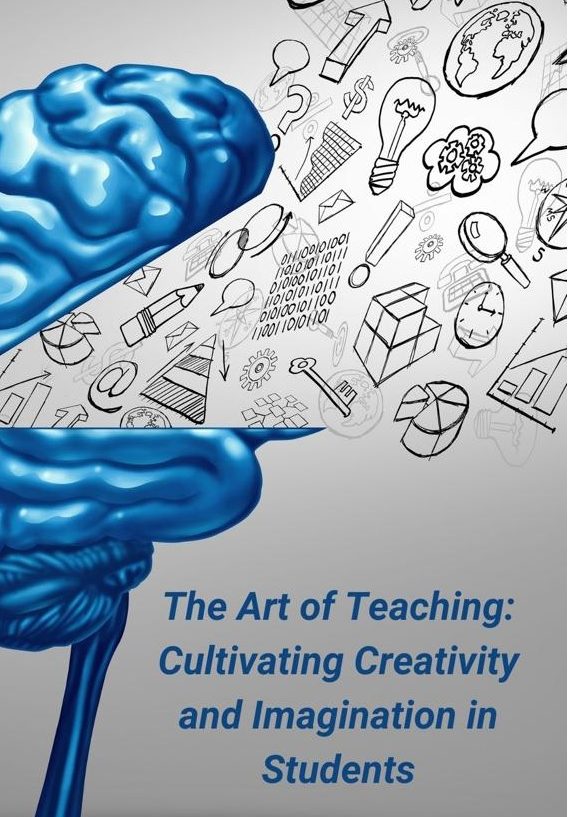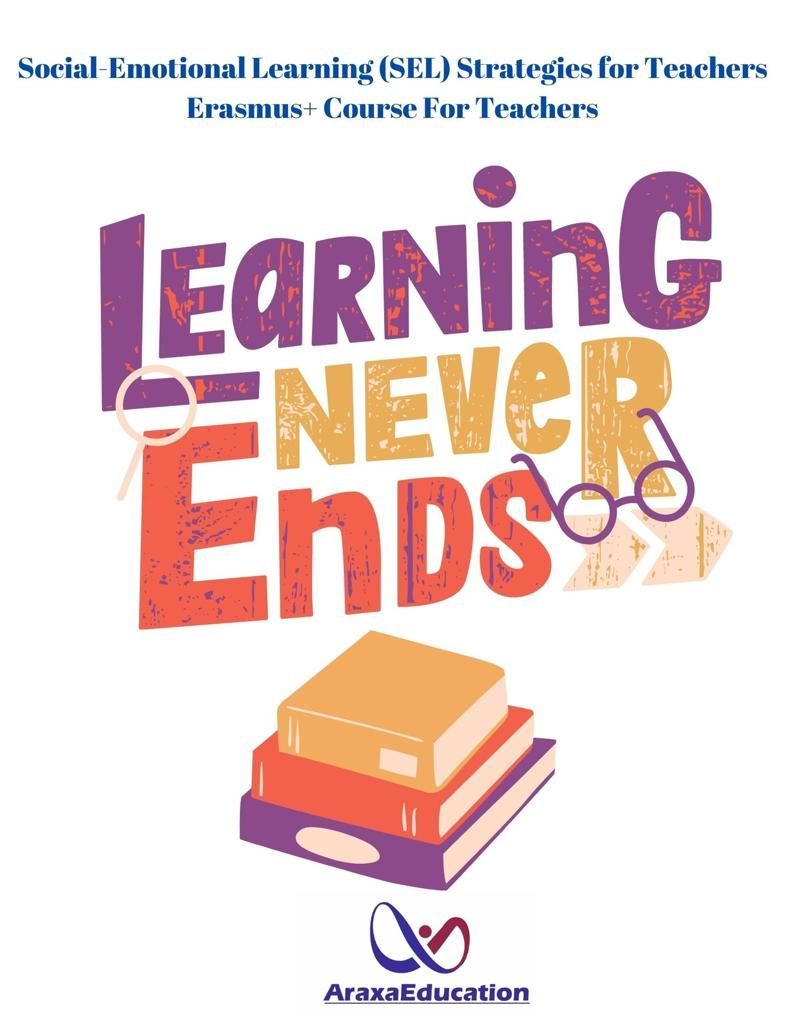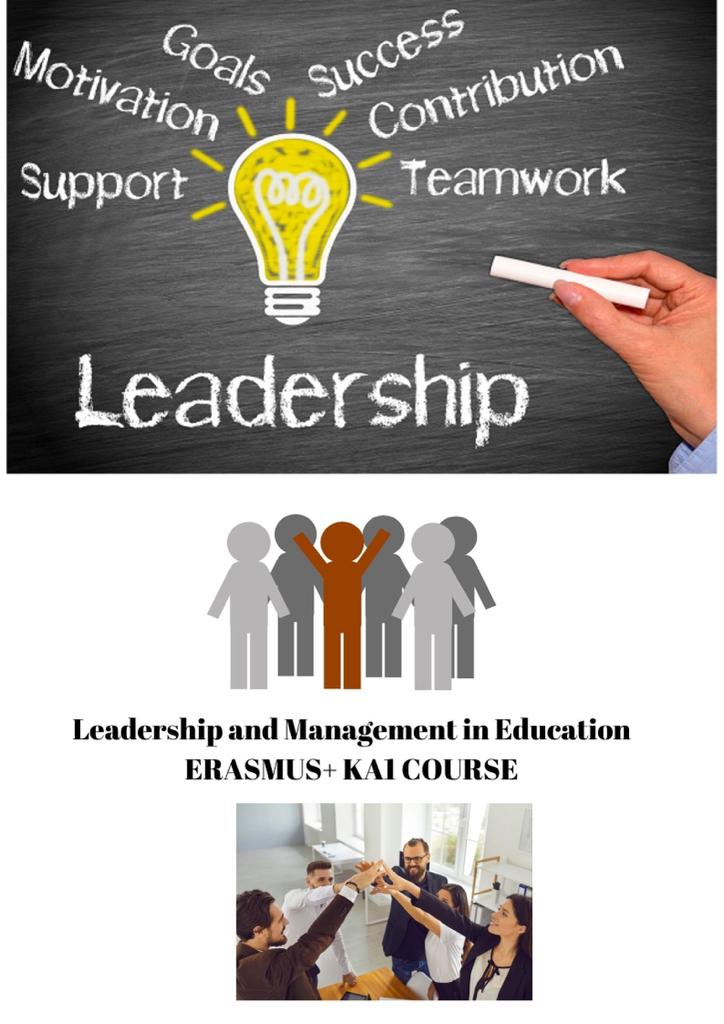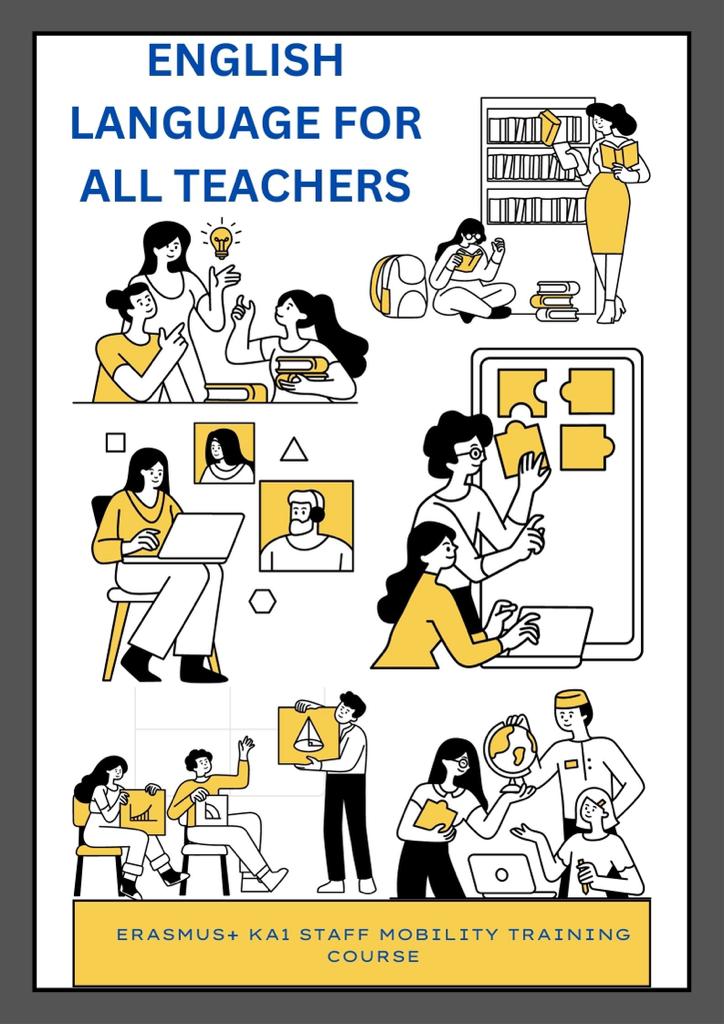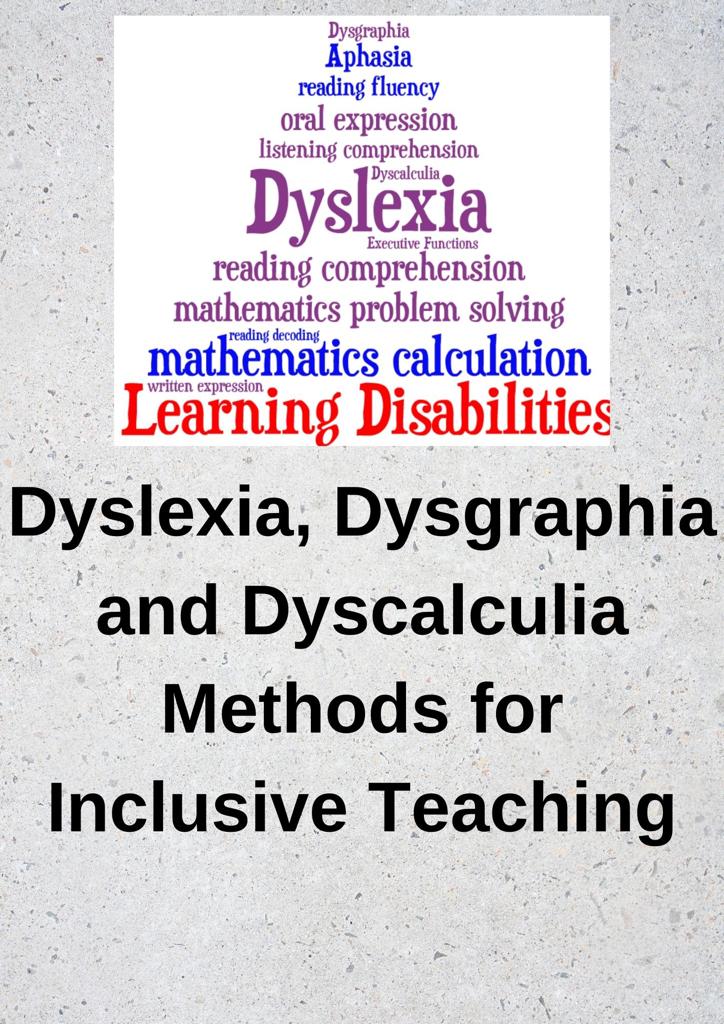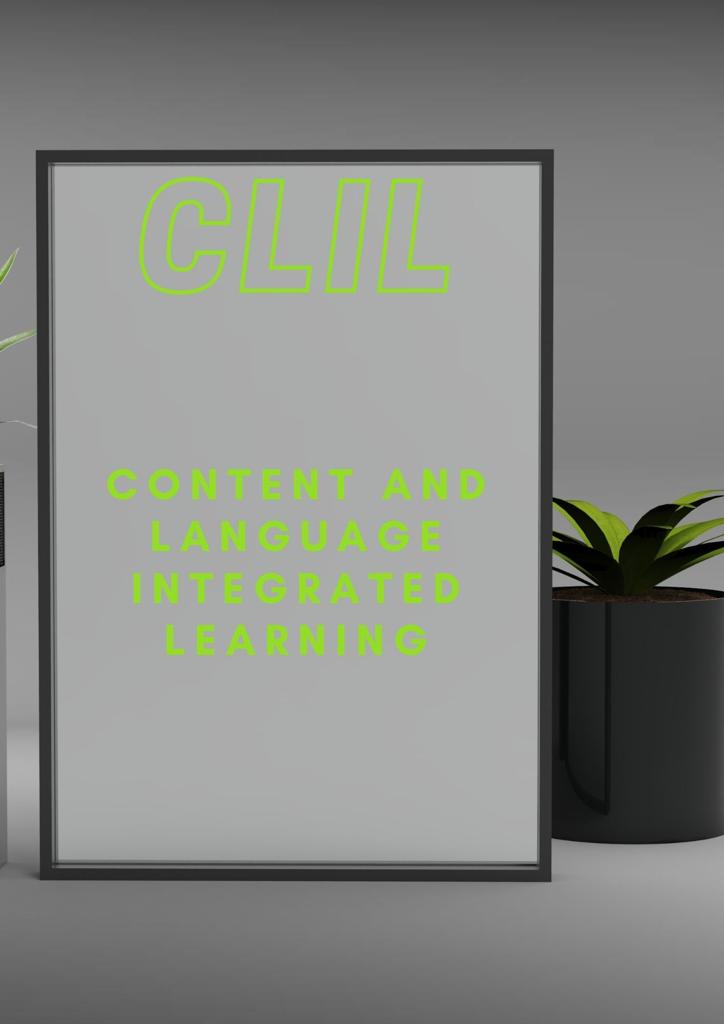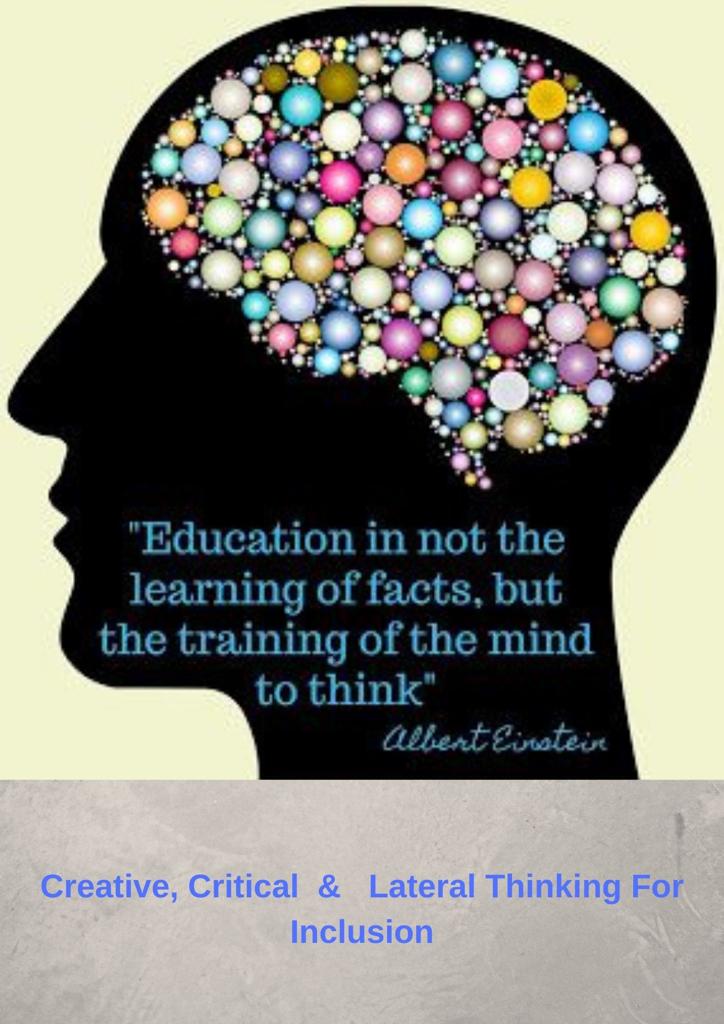|
Course Description |
This course is for teachers who have challenges implementing inclusive education in their classrooms. It is also for teachers of schools with early school leaving problems who want to learn strategies to reduce early school leaving and increase their competence in this field.
Inclusive systems value the unique contributions students of all backgrounds bring to the classroom and allow diverse groups to grow side by side, to the benefit of all. Inclusive systems value the unique contributions students of all backgrounds bring to the classroom and allow diverse groups to grow side by side, to the benefit of all. Teachers in this course will explore different methods and strategies for promoting inclusivity and creating a safe learning environment for all students. |
|
Methodologies Of The Course |
The course methodology will be based on active participation and experiential learning, as participants will be involved in the lessons through case studies, drama, and games. In addition, in the lessons, inquiry-based learning and cooperative learning techniques will be applied, as they will consist of theoretical information, concrete exercises, and group discussions. By considering and applying each approach/tool in your daily teaching practice, you will gain new perspectives on creating an inclusive, multicultural school environment. |
| Teaching Methods | The interactive, student-centered approach |
| Learning Outcomes | By the end of the course, each participant will be able to:
|
| Objectives |
|
| Language | English |
| Duration | 7 Days or 5 Days |
| Type of Certification Awarded |
|
Schedule of the activities
|
Online Meeting Program |
Room for improvement – what the needs of your institution are, what you need to learn: adjusting course learning outcomes and activities as needed |
| Day 1 |
|
| Day 2 |
|
| Day 3 |
|
| Day 4 |
|
| Day 5 |
|
| Day 6 |
|
| Day 7 |
|
| Online Meeting Program | Dissemination Activities |
| Course Fee | The course fee is 80 euros per participant per day.
This fee does not cover some expenses like accommodation, travel, etc. Costs covering enrollment fees for staff mobility format ‘Courses and training’. ( Source: Erasmus+ Program Guide) |
You can also make requests for different dates and locations when filling out the pre-registration form, aside from the planned program.
|
PLANNED |
Zagreb, Croatia
1. May 13-19, 2024 2. September 09-15, 2024
Budapest, Hungary 1. May 20-26, 2024 2. October 07-13, 2024
İstanbul, Türkiye 1. May 27-June 02, 2024 2. October 14-20, 2024
Alanya, Türkiye 1. June 03-09, 2024 2. November 04-10, 2024
Antalya, Türkiye 1. June 10-16, 2024 2. November 11-17, 2024
Rome, Italy 1. June 17-23, 2024 2. December 02-08, 2024
Paris, France 1. June 24-30, 2024 2. December 09-15, 2024
Barcelona, Spain 1. July 01-07, 2024 2. January 06-12, 2025
Thessaloniki, Greece 1. July 08-14, 2024 2. February 03-09, 2025
Lisbon, Portugal 1. July 15-21, 2024 2. March 03-09, 2025 |
Empower yourself as an educator with the Erasmus+ KA1 course, designed to address the challenges of implementing inclusive education in diverse classrooms. Tailored for teachers facing obstacles in fostering inclusivity or tackling early school leaving issues, this course equips educators with strategies to promote diversity and create safe learning environments. Inclusive systems celebrate the unique contributions of students from all backgrounds, fostering growth and learning for everyone involved. Through this course, teachers will explore a range of methods and strategies to promote inclusivity and address early school leaving concerns, enhancing their competence in this crucial field.
Join the Erasmus+ KA1 course today. Enroll now and make a lasting impact on the lives of your students and your teaching practice.

